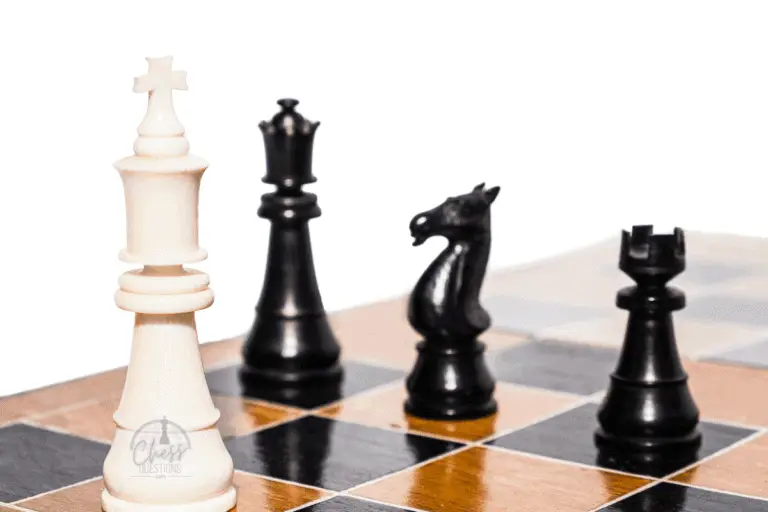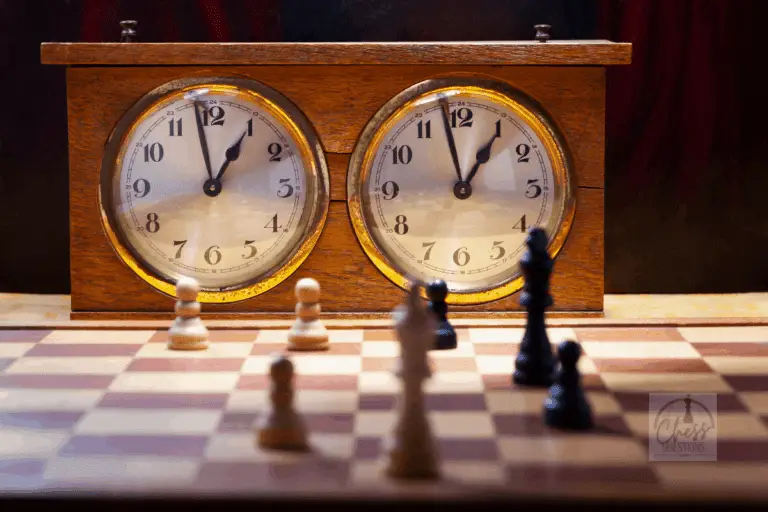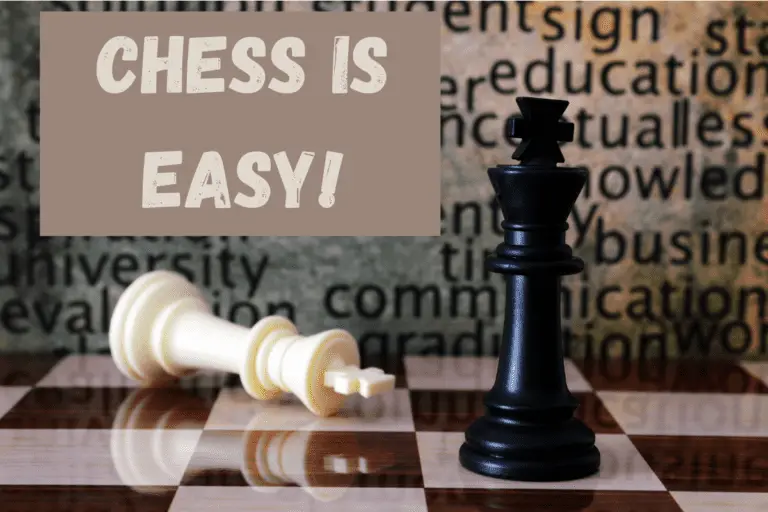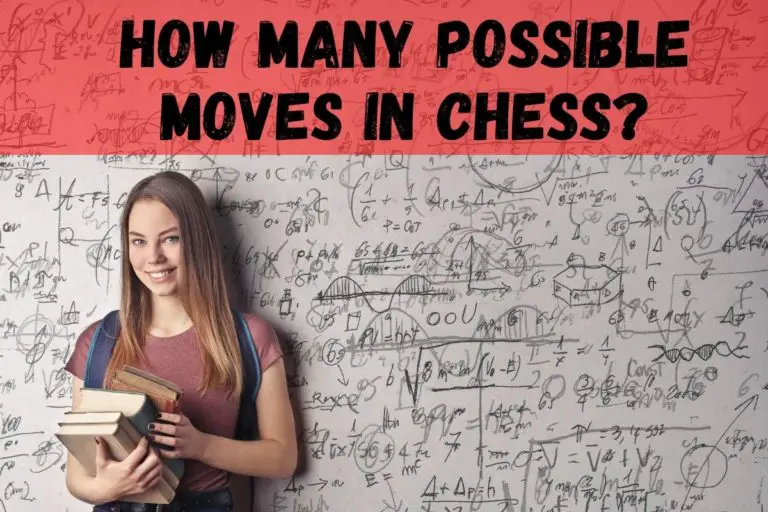The Passed Pawn Explained (Types, Examples & Values)
⭐⭐⭐ Take 3 minutes to read and improve your chess game ➡️ : This article was first published on, and is Copyright of Chessquestions.com
We all know how far pawns can move in the game of chess. Now I hear the term ‘passed pawn’ – So, time to go investigate and find out what a passed pawn is in the game of chess.
The passed pawn is a pawn that has no opposing pawns in front to prevent it from advancing to the eighth rank on the board for promotion. A passed pawn is not entirely safe, however, as advancement is still fraught with danger from other pieces on the board.
So let’s take a closer look and see if creating passed pawns is something that we should consider in the overall attacking strategy in chess.
Types of Passed Pawn
- Outside Passed Pawn
- Protected Passed Pawn
The simple differentiation of the two type is that one is protected by another pan or another piece, and the other is not.
It is of course possible that an outside pawn, that is a pawn toward the outside of the board, say files a, b or g, h could be a protected pawn too.

You tend to find the passed pawn more frequently on the outside.
Unhindered by the action in the middle of the board, if you can quietly go about strategizing the removal of opposing pieces with the sole purpose of trying to create a passed pawn if the occasion arises, you become exponentially more powerful in attack
Why is a Passed Pawn Important in Chess?
A passed pawn can be considered important in a game of chess because with less opposition there is a higher chance that the pawn can be advanced to the eighth rank and be promoted to a queen which has obvious advantages.
Should your opponent manage to create a passed pawn, you should ignore it at your peril, as Aron, Nimzowitsch said…..
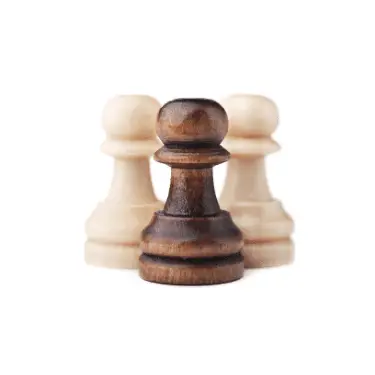
“A passed pawn is a criminal which should be kept under lock and key. Mild measures, such as police surveillance, are not sufficient.”
— Aron Nimzowitsch
The deeper into the game you are the bigger danger the passed pawn presents, as in the end game it is likely that less opposition will be around to defend the promotion, or, heaven forbid the promoted piece.
What is a Passed Pawn Worth?
The benefits of a passed pawn are plain to see, with potential promotion on the cards, your opponent is forced to defend, this increases your pawns power and value instantly it qualifies as a passed pawn.
There is an accepted value for each chess piece; consider a normal pawn is worth one, you attribute a minor piece three, and rooks five. Queens are a nine.
| Value | Pieces |
|---|---|
| 1 | Pawns |
| 3 | Minor Pieces |
| 5 | Rooks |
| 3-5 | Passed Pawns |
| 9 | Queen |
| 3-9 | Promoted Pawn |
A passed pawn becomes instantly more valuable than one. It is now in a strong position to become a nine and has higher-valued pieces scrambling to defend a possible promotion
How Do You Make a Passed Pawn?
Creating a passed pawn is not a single strategy and there is no specific way to go about achieveing it.
The obvious way is my removing the opposing pawns by capture and utilizing your pawns in the process.
How to identify the opportunity for a passed pawn.
Creating a passed pawn comes more from an opportunity than planning. As I mentioned before, setting out to create passed pawns should not really be the main strategy, but the opportunity to benefit should be something you are skilled in identifying.
It would be laborious to read this in full and there are better authors who can produce clearer instruction, so let me refer you back to the video above the excellent ‘Hanging Pawns’ YouTube channel who will provide you with some great examples.
Black passed pawns travel faster than white
Unknown
Of course, the quote above believed to have come from the Manhattan Chess club is not true, but it can feel like the case when playing white and having your first move advantage disassembled by a black passed pawn approaching your 1st rank
The 8 Passed Pawns
If you can one or two passed pawns in a game you’ve not found yourself a bad position.
How about having five and your opponent three, totalling eight passed pawns looking for promotion.
Watch how this game between Nigel Short and Boris Gelfand develops, and how winning moves were missed over and over before white emerged victorious by resignation
Is En passant and Passed Pawns the Same?
Despite some articles and YouTube videos, using ‘passed pawns’ as another description for En Passant, they refer to two very different things in chess. They are not the same, and if you understand the two, you’d be hard pressed to confuse them with each other.
En Passant is a special pawn capture move which often results in a passed pawn.
As explained in the En Passant Guide, the rule was introduced to Chess as a way of counter-acting the speed with which passed pawns could be created after the 2 square first move was introduced in the 15th century.



